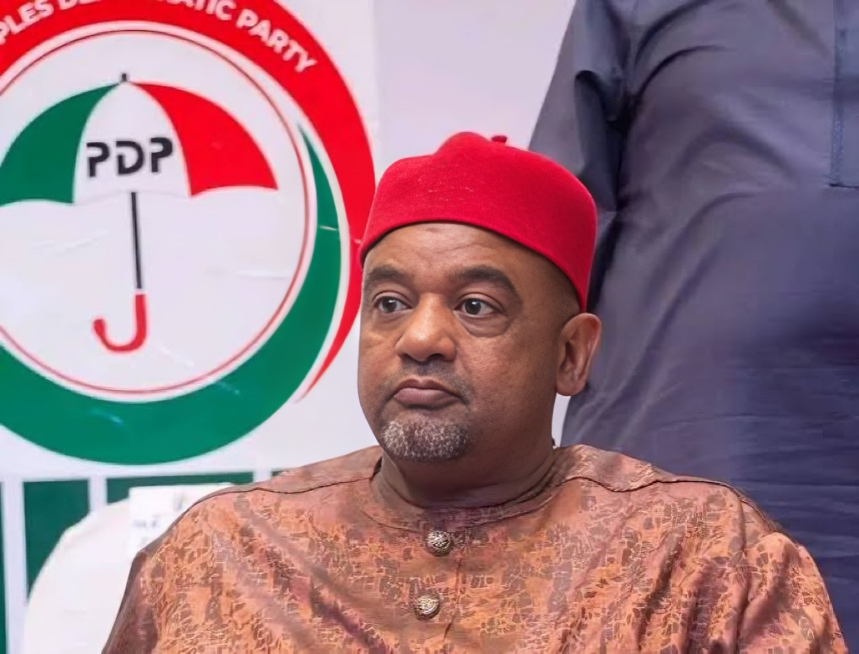Political osmosis revisited
Sir: Nigerian politicians exhibit a striking similarity to the leopard that never changes its skin. Following Muhammadu Buhari’s presidential victory in 2015, there was an exodus of migrants from the PDP to the ruling APC, showcasing the opportunistic nature of our politicians. To mock the politicians so they could retrace their footsteps, I put out an article in the Nigerian Guardian Newspaper, entitled “Political Osmosis: An ill Wind.”
After Buhari, history is repeating itself, with politicians abandoning their party en masse to join the ruling party. This phenomenon mirrors osmosis in biology. Yes, as we have it in biology, so we also have it in politics. In biology, Osmosis is the movement of molecules from a less concentrated solution to a more concentrated one through a semi permeable membrane. This is not so much different from its concept in politics.
However, in practical application and usefulness to man, both concepts are poles apart.
While osmosis in biology has practical applications, such as kidney dialysis, political osmosis, which refers to the practice of opportunistic politicians jumping ship from a losing party to a winning one, is detrimental to democracy.
This phenomenon raises questions about the integrity and principles of these politicians, who seem more interested in advancing their careers than serving the people. True leadership requires conviction, not opportunism.
Unfortunately, that is the scenario we are witnessing in the country at present, with politicians abandoning their parties to pitch their tents with the ruling All Progressives Party (APC)!
Surely, fusion of political parties does not augur well for the practice of true democracy. Rather, it muzzles it, stifling competition and potentially leading to a one-party state.
A lack of competition can have negative consequences, including unchecked power and reduced accountability. A healthy democracy relies on diverse perspectives and robust opposition to ensure the government serves the people’s interests.
The current state of our political landscape mirrors a pure monopoly, where a single entity dominates the market. In this case, one party’s overwhelming influence can lead to complacency, stifling innovation and accountability. The welfare of citizens often takes a backseat.
Moreover, a one-party system can pave the way for authoritarianism, where individual freedoms and dissenting voices are suppressed. This concentration of power can have far-reaching consequences for democracy and governance.
Mind you, I’m not pinning the blame on President Bola Tinubu for the ongoing exodus; his priority is re-election, and he’ll do whatever it takes to complete his two terms. The real issue lies with opposition politicians who lack patience and party loyalty. Instead of developing their parties and preparing for future elections, they jump ship for personal gain.
A true politician should withstand defeat, stand by their party, and plan for the next opportunity. This approach strengthens party politics and builds credibility. The saying “victory has many fathers, but defeat is an orphan” shouldn’t justify our politicians abandoning their parties in times of trouble. Leadership requires resilience and commitment.
A key legislation aimed at curbing party-hopping has been rendered ineffective. The law stipulates that elected representatives who leave their sponsoring party for another should forfeit their positions. However, a loophole allows lawmakers to circumvent this rule by citing “division or rancor” within their original party.
Given the prevalent internal conflicts in Nigeria’s political parties, this proviso has essentially nullified the law. It is suspicious that divisions seem to emerge conveniently, allowing politicians to switch parties without consequence.
•Sly Edaghese wrote from Milwaukee, Wi, USA. [email protected]










